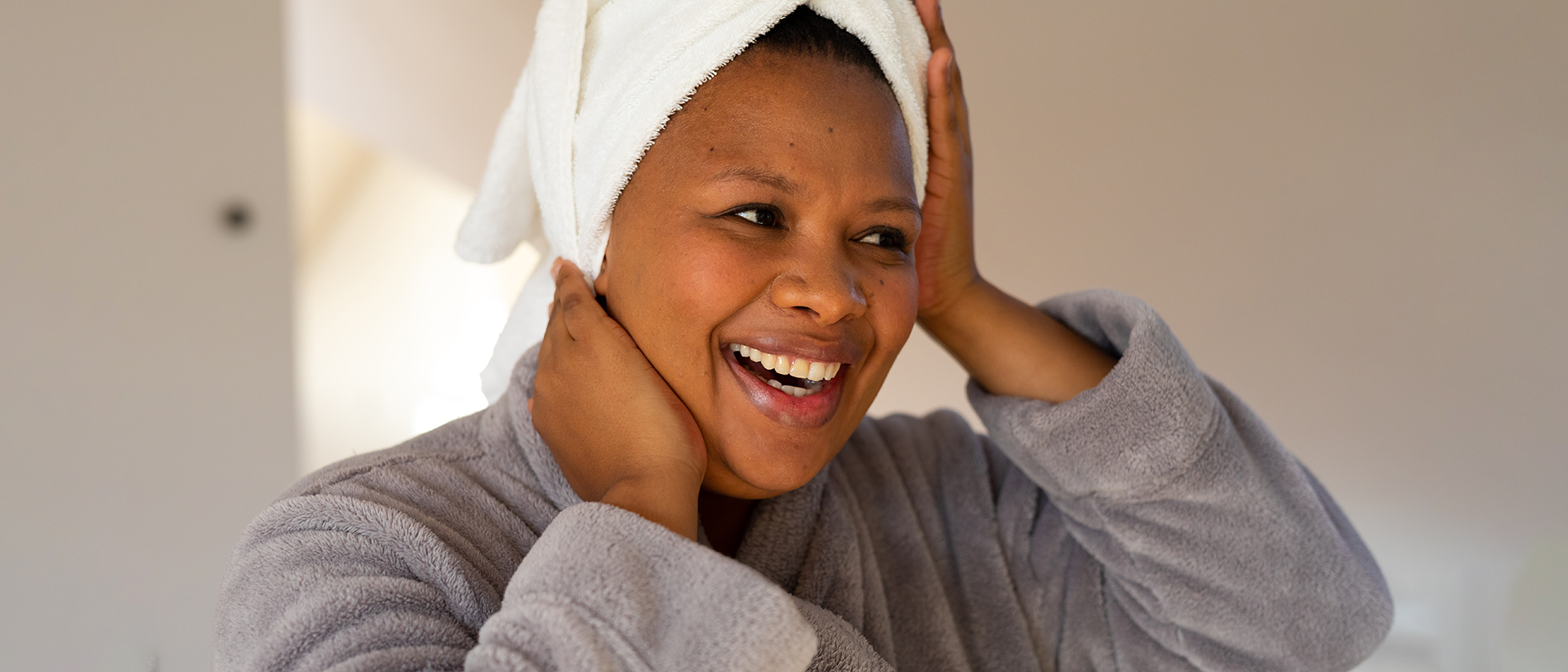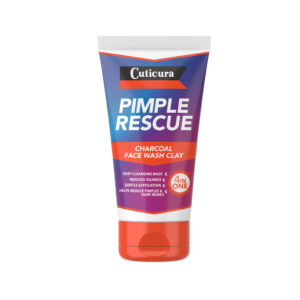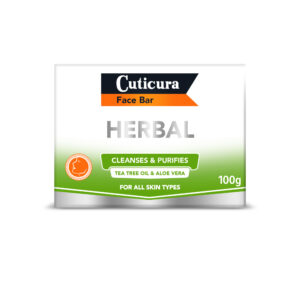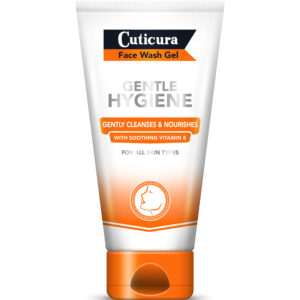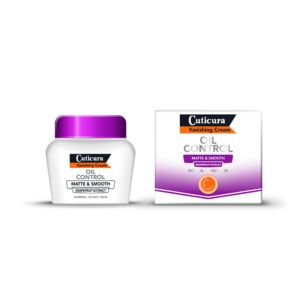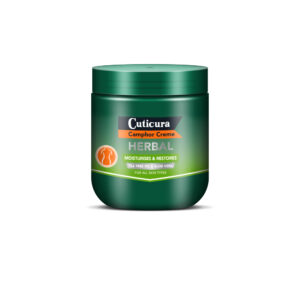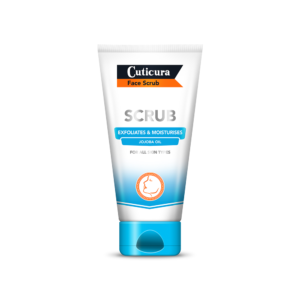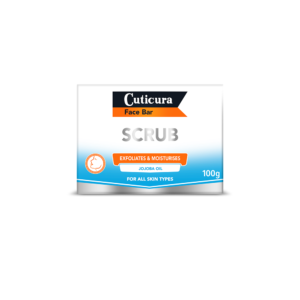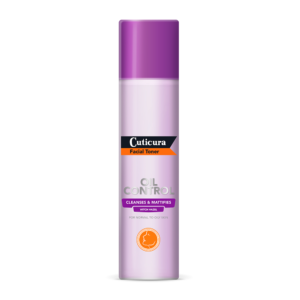Skincare for every age: Tailoring your routine with Cuticura’s versatile products
As we get older, our skin changes and the signs of ageing are often the first to show up on our faces. So, taking care of our skin should be a lifelong commitment – and, luckily, it is never too late to adopt better skincare habits for the future health of your skin. Keep reading to discover versatile skincare solutions for every age group.
In your radiant twenties
Your twenties is a good time to get into healthy skincare habits and to begin using appropriate skincare products if you haven’t started yet. Common skincare concerns during this period often revolve around maintaining clear skin and the first signs of ageing, like fine lines and pigmentation or age spots.
Cleansing is the first step and is important – no matter how old you are. So, focus on finding a gentle but effective face wash that removes impurities without stripping your skin of its natural moisture. In other words, if the face wash leaves your skin feeling tight and uncomfortable, chances are it is too harsh, and it would likely be best to opt for something that leaves your skin clean but supple.
Wash your face twice a day, and always remove your makeup before you go to bed. This will prevent bacteria, dead skin cells, and sebum from getting trapped in your pores and causing pimples.
Find out more about what causes pimples and how to get clear skin over here.
At this age, it is also key to moisturise your skin daily, preferably after every wash. Try something that gives you more bang for your buck, like a day cream with an SPF of at least 15. Additionally, an exfoliating treatment every now and then can help promote a clear complexion.
Combine these practices with enough sleep, a balanced lifestyle, and adequate hydration, and you are well on your way to looking younger for longer.
Thriving in your thirties
Your thirties mark a pivotal period in your skincare journey, where the focus shifts towards addressing emerging signs of ageing while maintaining skin health. During this decade, many women begin to notice fine lines and dark spots, as well as increased dryness and sensitivity, and a lot of this has to do with the changes your skin goes through as you mature.
Thankfully, some things never change – so just as in your twenties, proper cleansing and exfoliation remains paramount. However, moisturisation becomes increasingly crucial as we get older, therefore, you may want to invest in a product that is designed to improve hydration in ageing skin.
In your thirties, you may notice that old age spots and pigmentation become more prominent. Combat these concerns with a targeted approach by incorporating a serum or cream that is specifically formulated to address dark spots and uneven skin tone. Look for ingredients like vitamin C – known for its brightening and clarifying properties – perfect for age spots removal.
Furthermore, safeguard your skin against further damage by making a board-spectrum sunscreen a non-negotiable step in your daily regimen. When spending a lot of time outdoors, remember to reapply sunscreen every two hours.
How to remove age spots
Age spots, also known as hyperpigmentation, arise from excess melanin production, which manifests as dark spots. Getting older, genetics, ethnicity, and sun exposure can all impact the occurrence of age spots. Consequently, wearing sunscreen and staying out of the sun are some of the best things you can do to prevent pigmentation caused by UV radiation.
Radiant skin in your forties
Your forties bring a new chapter in your skincare journey as collagen levels decline, resulting in thinner, drier skin with increased vulnerability and less elasticity. During this time of your life, it remains essential to regularly cleanse your skin with a gentle face wash and to exfoliate to get rid of the buildup.
For increased focus on hydration and protection, you may want to invest in products designed to replenish moisture and lock in hydration. In your forties, you could also consider incorporating targeted treatments with collagen-boosting properties to counteract the natural decline in collagen production.
Nurturing skin in your fifties and beyond
Entering your fifties and beyond brings new considerations for your skincare routine as the signs of ageing continue to evolve. Collagen and elastin production further decline, leading to saggy, thinning skin along with deeper wrinkles. Additionally, ongoing hormonal changes can exacerbate skin dryness and sensitivity.
Learn more about sensitive skin and how to get relief over here.
Continue to prioritise gentle cleansing and very mild exfoliation to remove impurities and promote cell turnover. During this time of your life, your skin will benefit from hydrating cleansers that nourish and protect the skin. But be careful of using exfoliation treatments that are too harsh for your thinning skin.
Rich moisturisers and serums formulated with hydrating ingredients can do wonders for mature skin. You can also consider incorporating facial oils to provide an extra layer of hydration and to boost skin barrier function.
Sun protection remains essential at every age, so be sure to apply a broad-spectrum sunscreen with a high SPF daily. Even on cloudy days, it is a good thing to wear sunscreen because it shields your skin against the harmful UV rays that are present.
Crafting a nourishing skincare ritual for mature skin
The basics of a skincare routine remain similar regardless of age. However, the focus shifts slightly as the skin matures. While both young and mature skin benefit from cleansing, moisturising, sun protection, and consistent care, mature skin may require more intense hydration and targeted treatments to address signs of ageing, such as wrinkles and old age spots.
Overall, the fundamental steps always remain the same, but the emphasis moves to finding products that are specifically manufactured to address the concerns of maturing skin.
Cuticura products are available at all leading supermarkets and pharmacies nationwide, as well as on Takealot.
Still the One – since 1865.
DISCLAIMER: Please note that the information provided on this site is for educational purposes only and does not provide a substitute for professional medical advice. Always consult a qualified healthcare provider for any questions or skin concerns.
